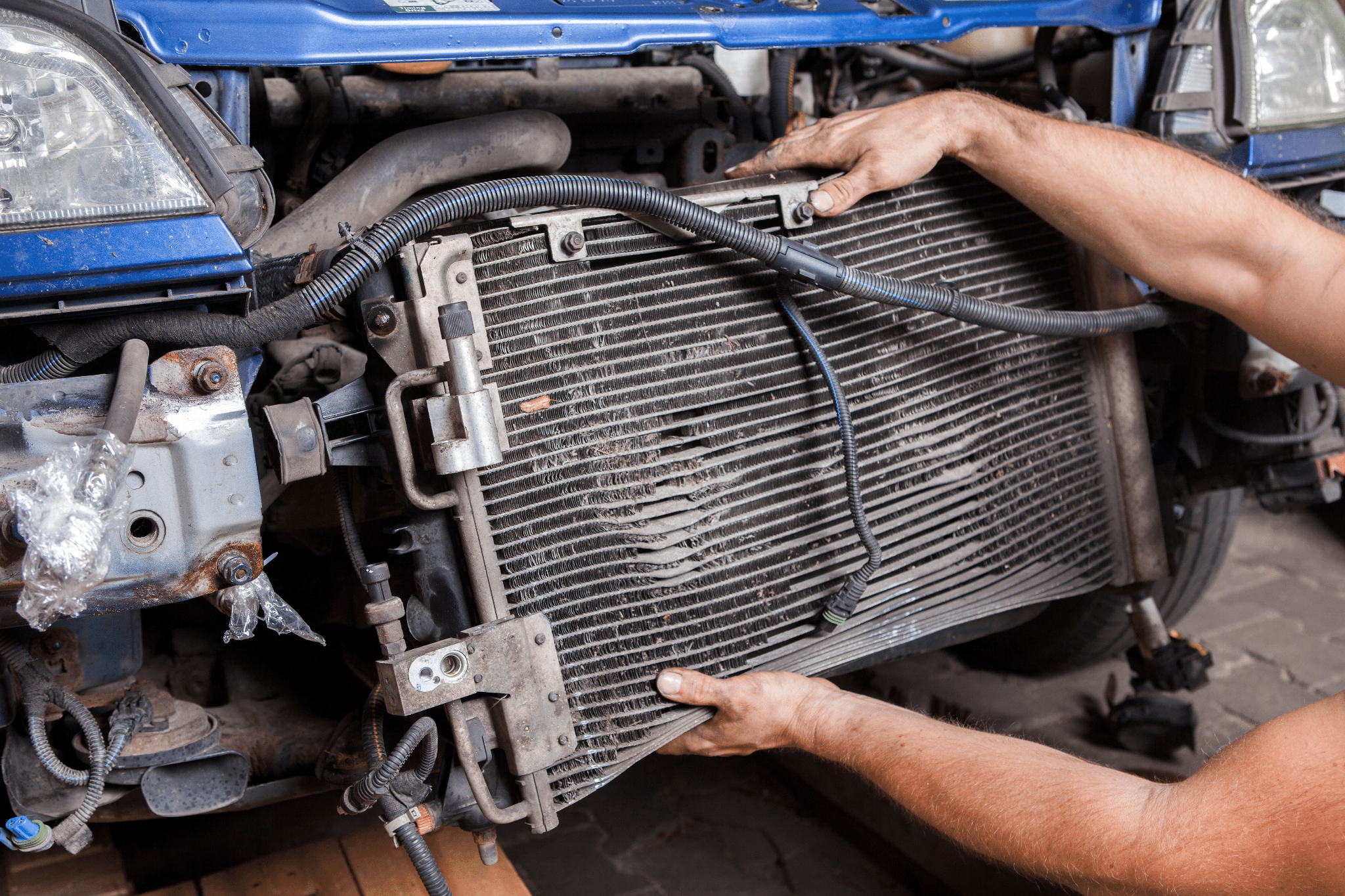Radiator issues to look out for to make your engine last long

Keeping the engine in top shape is one of the not-so-secrets in making sure your car lasts a long time. And one of the components that make this possible is your car’s radiator. Its main job is to keep the engine cool and prevent overheating. However, like any other component, radiators can encounter problems that may lead to engine overheating or even failure. The following are the top radiator problems you should look out for.
Leaks
One of the most common radiator problems is coolant leaks. Leaks can occur due to various reasons, including corrosion, damaged hoses, or a faulty radiator cap. The first sign of a leak is often the presence of coolant puddles beneath your parked car. If you notice a sweet smell or find the engine temperature rising, it's crucial to have your radiator inspected by a professional. Ignoring leaks can lead to engine damage and expensive repairs.
Blockages
Blockages within the radiator can impede the flow of coolant, causing the engine to overheat. Sediment, debris, or mineral deposits can accumulate over time, restricting the radiator's efficiency. Signs of a blocked radiator include a higher-than-normal engine temperature, reduced heat from the heater, or overheating during stop-and-go traffic. Regular radiator flushes and coolant replacements can help prevent blockages and ensure optimal radiator performance.
Corrosion
Corrosion is a gradual but dangerous radiator problem. Over time, the radiator's metal components can corrode due to the constant exposure to coolant, water, and the surrounding environment. Signs of corrosion include discolored coolant, radiator fins turning brittle, or visible rust on the radiator surface. Corrosion weakens the radiator's structural integrity and reduces its cooling efficiency. It is essential to inspect the radiator regularly and replace it if severe corrosion is detected.
Fan Malfunctions
The radiator fan helps in cooling the engine by drawing air through the radiator. If the fan malfunctions, it can lead to inadequate cooling, resulting in engine overheating. Common issues include a faulty fan motor, damaged blades, or a malfunctioning fan relay switch. Signs of a fan problem include an overheating engine at low speeds or in traffic, while the temperature returns to normal at higher speeds. Promptly addressing fan malfunctions is crucial to prevent engine damage.
Internal Damage
Internal damage to the radiator can occur due to various factors, such as road debris, accidents, or manufacturing defects. These damages may not be visible from the outside but can affect the radiator's performance. Symptoms include sudden coolant loss, a drop in engine performance, or unusual noises from the radiator area. Regular inspections and routine maintenance can help detect internal damages early, preventing further complications.
Conclusion
Maintaining a healthy radiator is vital for your car's overall performance and longevity. By being aware of the top car radiator problems, such as leaks, blockages, corrosion, fan malfunctions, and internal damage, you can take proactive measures to prevent issues and ensure optimal cooling. Remember to conduct regular inspections, promptly address any signs of trouble, and seek professional assistance when needed.